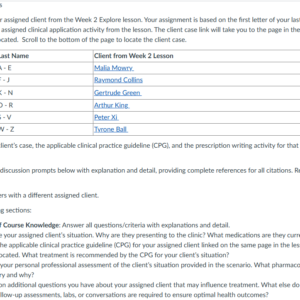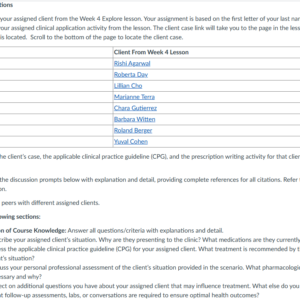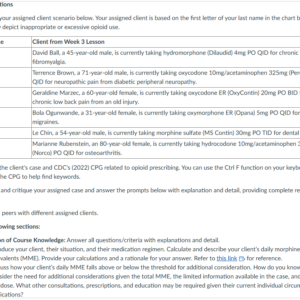COURSE:
NURS-6050: Policy & Advocacy for Population Health
The Role of the RN/APRN in Policy Evaluation
In the Module 4 Discussion, you considered how professional nurses can become involved in policy-making. A critical component of any policy design is evaluation of the results. How comfortable are you with the thought of becoming involved with such matters?
Some nurses may be hesitant to get involved with policy evaluation. The preference may be to focus on the care and well-being of their patients; some nurses may feel ill-equipped to enter the realm of policy and political activities. However, as you have examined previously, who better to advocate for patients and effective programs and polices than nurses? Already patient advocates in interactions with doctors and leadership, why not with government and regulatory agencies?
Solution
The role of Registered Nurses (RNs) and Advanced Practice Registered Nurses (APRNs) in policy evaluation represents a critical yet often overlooked dimension of nursing practice. These healthcare professionals possess unique insights from their direct patient care experiences, making them invaluable contributors to the assessment of healthcare policies. Their daily interactions with patients, families, and healthcare systems provide them with first-hand knowledge of how policies translate into real-world outcomes, positioning them perfectly to evaluate the effectiveness and implications of healthcare initiatives.
Despite their ideal position to influence policy evaluation, many nurses express apprehension about engaging in this aspect of healthcare governance. This hesitation often stems from a perception that policy……………Purchase this solution for $5






Reviews
There are no reviews yet.